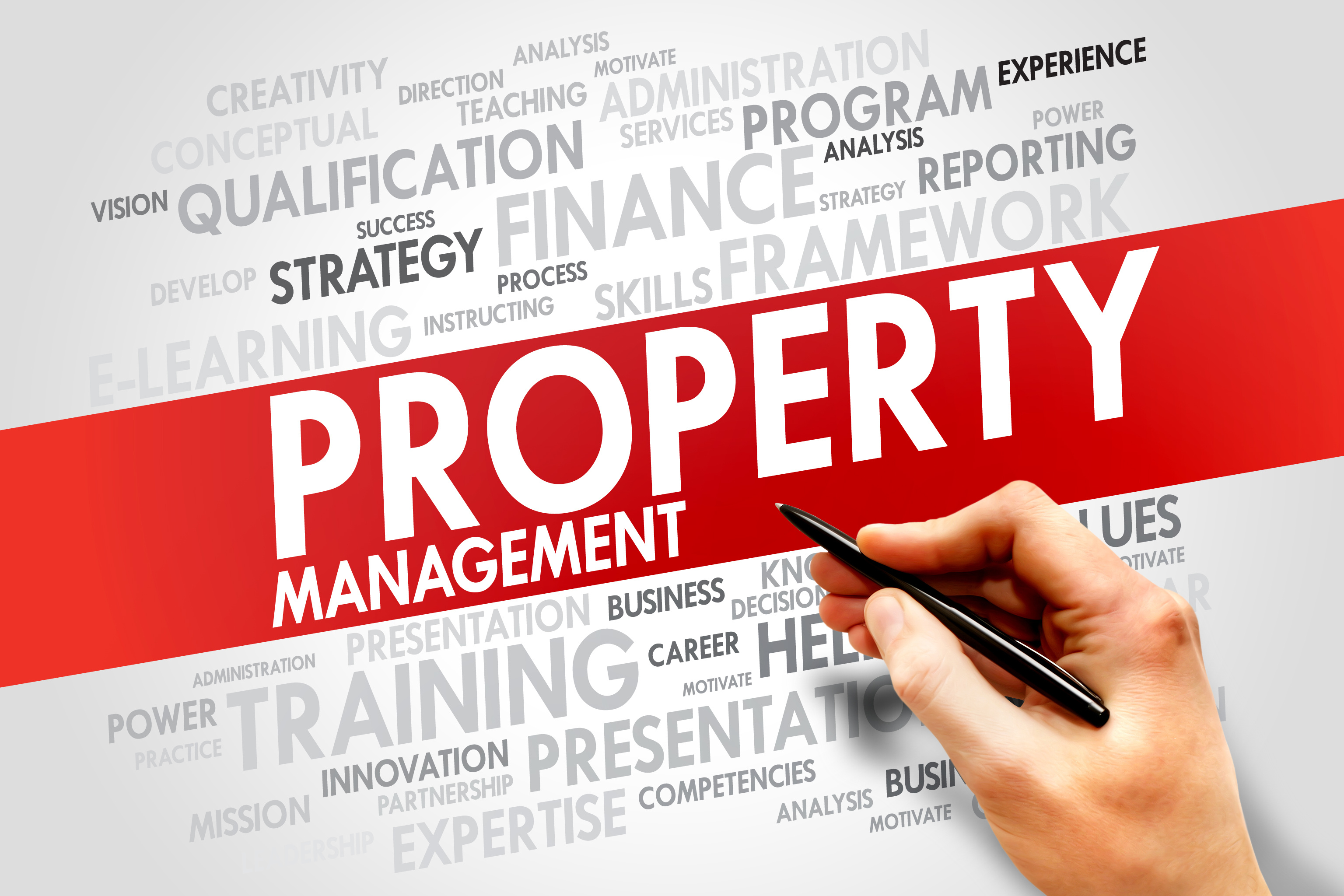A First-Time Investor’s Guide to the SWFL Rental Market
If you’ve recently bought an investment property in Southwest Florida—or you’re thinking about it—you’re probably excited, maybe a little overwhelmed, and definitely full of questions. Owning a rental in Naples, Fort Myers, Estero, or Cape Coral can be an incredible opportunity, but the market here has its quirks. I’ve spent the last 15 years in SWFL property management, and I can tell you: success comes down to understanding three key things—our seasonal market, hurricane prep, and choosing the right location.
Let’s break it down.
1. Navigating the Seasonal Market
Here’s the thing about Southwest Florida—our rental market runs on its own rhythm.
From January through April, snowbirds and vacationers flock here to escape the cold. Naples’ beaches fill up, Fort Myers restaurants buzz, and Estero shopping spots like Coconut Point stay packed. This is “high season” and rental rates often climb. If you own a property in Naples or along the Cape Coral canals, you can expect strong demand during these months, especially for vacation rentals.
But come summer? The market shifts. Long-term residents are still looking for homes in Fort Myers and Cape Coral, but demand for short-term and seasonal rentals dips. It’s a balancing act: do you market your property as a seasonal rental at premium rates, or go for stable year-round tenants at steady rent?
A quick example: one of my clients in Estero had a townhouse near FGCU. Instead of keeping it strictly seasonal, we placed a long-term tenant—steady rent, no downtime. Meanwhile, another client in Naples leaned into short-term vacation rentals and maximized profit during peak months. Both strategies worked, but the “right” choice depends on your property type and your personal goals.
2. Protecting Your Property During Hurricane Season
Every SWFL landlord has this on their mind: what happens during hurricane season?
From June through November, preparedness is everything. If you’re out of state—say, a snowbird renting out your Cape Coral home—you want peace of mind knowing your investment is safe.
Here are a few practical steps I always recommend:
Storm shutters or impact glass: Tenants appreciate feeling secure, and it protects your asset.
Routine roof and gutter checks: Small leaks can turn into big headaches in heavy rain.
Secure outdoor items: Patio furniture, pool toys, and grills can quickly become projectiles in high winds.
Insurance review: Make sure your policy covers loss of rental income, not just damage.
I once had an owner who kept their Naples condo fully furnished. Before hurricane season, we arranged for all patio furniture to be stored safely indoors. When Hurricane Ian came through, they avoided thousands in potential damage simply because they were proactive.
The takeaway? Preparing your property before the storm matters more than scrambling after it.
3. Choosing the Right Location
Not all parts of SWFL are created equal when it comes to rental investments. Each city has its strengths:
Fort Myers: Great for long-term rental investments. Families, retirees, and young professionals keep the market steady, especially around downtown and near the medical district. Rental investment in Fort Myers often means fewer seasonal ups and downs.
Naples: Known for luxury and high demand during season. If you want to maximize income with a vacation rental in Naples, proximity to beaches and golf courses is key. Higher upfront costs, but also higher rental rates.
Estero: A sweet spot between Fort Myers and Naples. Popular with snowbirds who love gated communities and golf course living. If you’re exploring property management in Estero, expect strong seasonal demand, but also good long-term rental potential thanks to FGCU and Hertz’s corporate presence.
Cape Coral: A hotspot for seasonal rentals. Waterfront homes with canal access draw vacationers, especially those who want to dock a boat. The flip side? Seasonal rentals may leave you with vacancies during the summer.
Think about what fits your goals: Do you want consistent monthly income, or are you comfortable with a little downtime in exchange for higher returns during peak season?
Final Thoughts
Investing in a rental property here in Southwest Florida can be rewarding—but it comes with unique considerations. If you understand the seasonal market, stay ahead of hurricane prep, and choose your location wisely, you’ll be miles ahead of most first-time landlords.
And if you’d rather not stress over the details, that’s where we come in. At Home Pointe Property Management, we’ve been helping owners just like you for years. Check out our guarantees and see why so many investors trust us with their properties.
Because at the end of the day, owning a rental in SWFL should feel exciting—not stressful.



